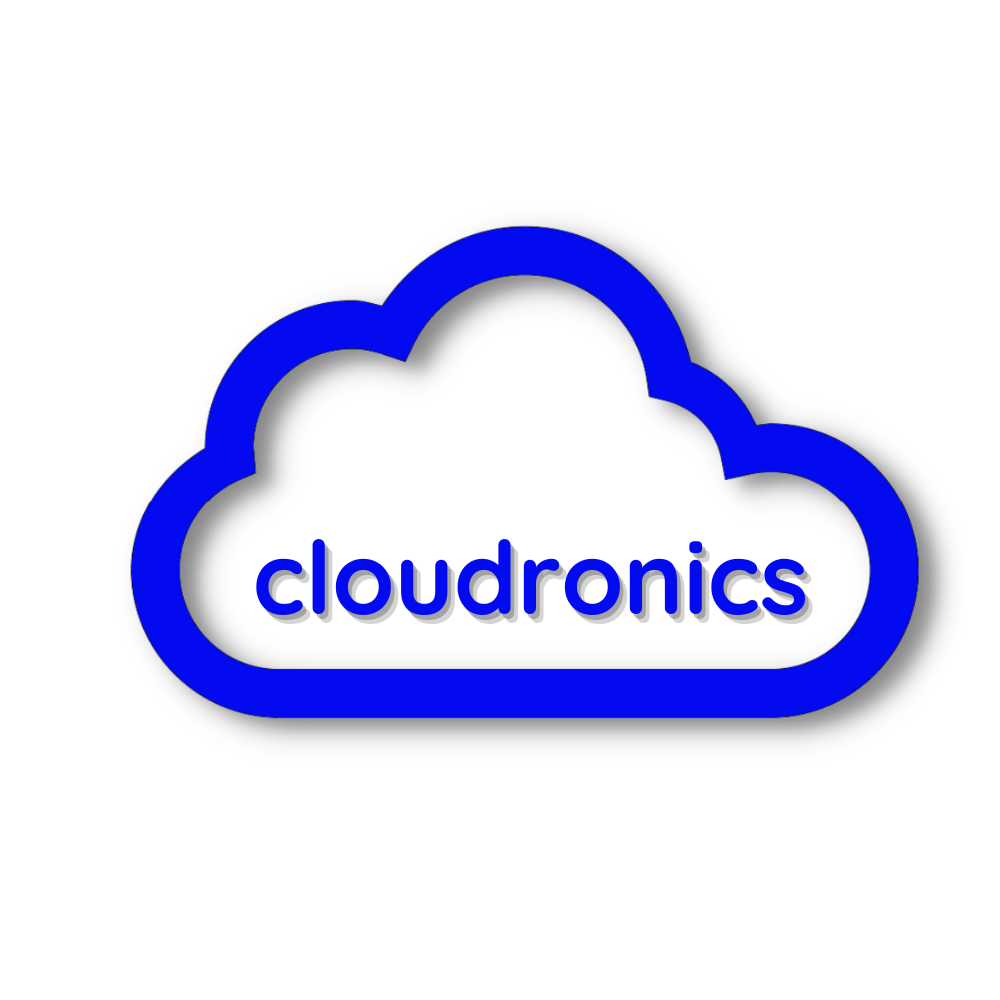Compliance Standards
Healthcare companies must comply with a variety of regulations to ensure the security and privacy of patient data. Some of the major security and compliance requirements for healthcare companies include:
HIPAA (Health Insurance Portability and Accountability Act): This law sets national standards for protecting the privacy and security of individuals’ health information. It requires healthcare organizations to implement administrative, physical and technical safeguards to secure electronic protected health information (ePHI).
HITECH (Health Information Technology for Economic and Clinical Health Act): This law provides incentives for the adoption of electronic health records and requires healthcare organizations to implement meaningful use of electronic health records (EHRs).
PCI DSS (Payment Card Industry Data Security Standard): This standard applies to organizations that accept, process, store, or transmit credit card information. Healthcare organizations that accept credit cards for payment must comply with PCI DSS.
SOC 2 (Service Organization Control 2): This is a security and privacy audit that evaluates a company’s controls and processes related to security, availability, processing integrity, confidentiality, and privacy.
GDPR (General Data Protection Regulation): This regulation applies to organizations operating within the European Union and sets standards for the protection of personal data.
These are some of the major security and compliance requirements for healthcare companies, but there may be additional regulations that apply based on the location and specific use case of the organization. It's important for healthcare organizations to work with experts to understand and comply with all relevant regulations to ensure the protection of patient data.
ISO (International Organization for Standardization) is a non-governmental organization that develops and publishes international standards. In the context of information systems, ISO has established a series of standards that provide guidelines for the development, management, and assessment of information security.
Some of the most commonly used ISO standards for information systems include:
ISO/IEC 27001: This standard provides a systematic approach for establishing, implementing, maintaining, and continually improving information security management in an organization.
ISO/IEC 27002: This standard provides guidelines for information security management and includes best practices for risk assessment, security controls, and incident management.
ISO/IEC 27005: This standard provides guidelines for risk management in information security.
ISO/IEC 27018: This standard provides specific guidelines for protecting personally identifiable information (PII) in cloud computing environments.
ISO 22301: This standard provides guidelines for business continuity management, including planning, implementation, and continuous improvement of business continuity processes.
Adherence to ISO standards can help organizations demonstrate their commitment to information security and can be used as a reference to assess the security and privacy of information systems. These standards can be used in conjunction with other regulations, such as HIPAA and GDPR, to ensure comprehensive security and privacy of information systems.

